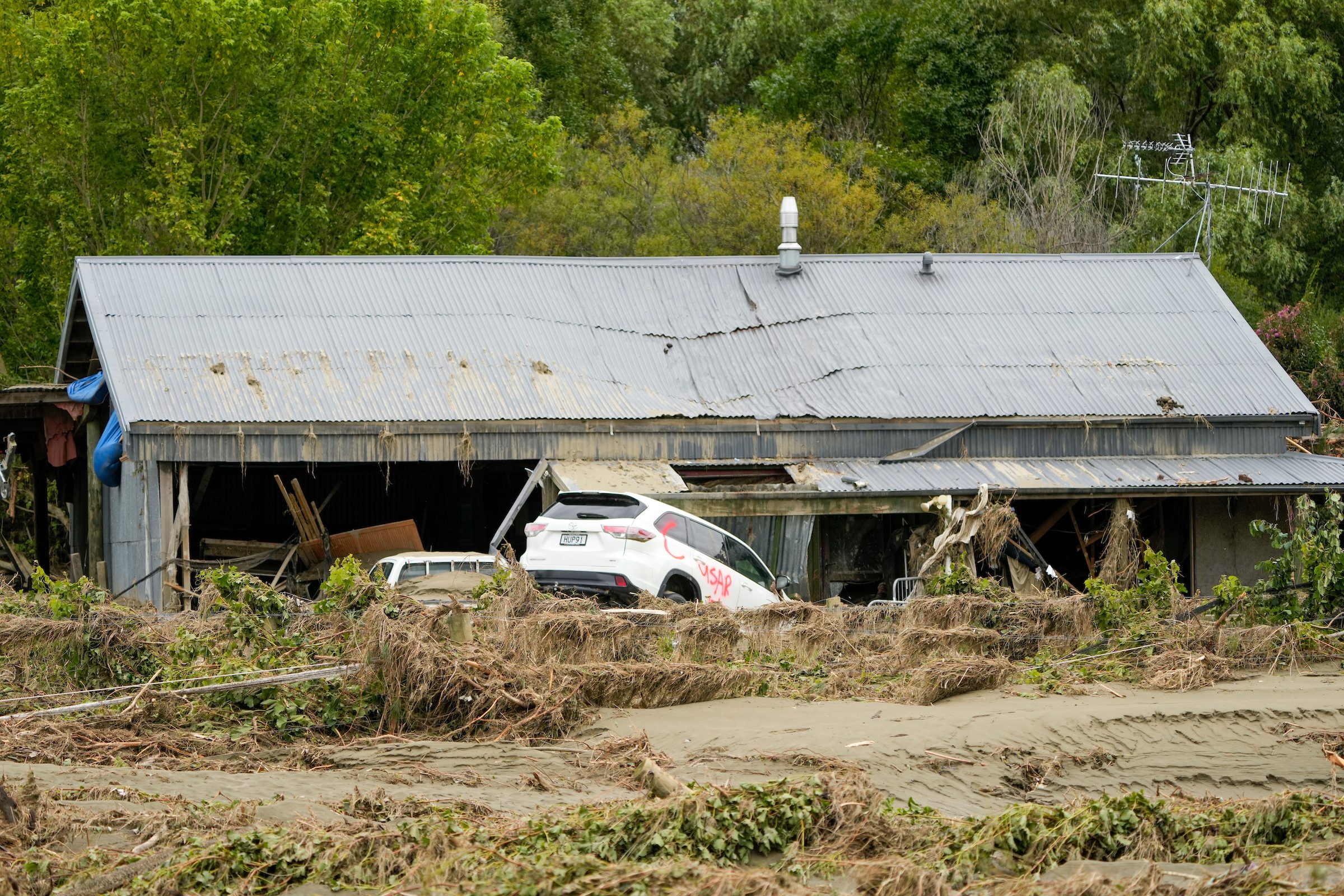Talking change
How would you lead the conversation? University of Canterbury researcher Franca Buelow asks.

Cyclone Gabrielle and recent drought and flood events have had an immense impact on farming communities. Such events highlight the need to reduce risks for farmers and growers and enhance their resilience.
The experience of extreme weather, pests, plant diseases and an overall changing climate add to an already long list of daily tasks and challenges. Communication around pressing environmental changes and the desired transitions in land use might make you feel locked-in rather than prepared for changes on the way, and those already here.
Decisions about change – be it related to land use or in general – tend to be complicated. That is true for farming as much as for anything else. Research has found it takes as many as 81 decisions daily to behave in an environmentally friendly way. That’s a few too many – especially with a busy schedule. However, decisions might feel more straight-forward when they resonate with you, which is when you probably stop counting them. Also, a good support system makes it easier to change.
I am a postdoctoral fellow, working with a team of researchers, and affiliated with Bioprotection Aotearoa and the Resilience Challenge. We are looking at whether and how decisions on adaptation relate to communication around your risk and coping abilities. In other words, we want to know how you would lead a conversation on risks, resilience and change in farming and growing. We also want to find out what you need to feel supported in a situation of risk due to environmental changes.
Therefore, my colleagues and I need your input to a survey to understand:
- How information is being communicated and why.
- What information could better support you in a changing climate?
The survey will take 20 to 25 minutes to complete, and you can pause and come back to it as often as you like. We’ll inform you about the survey results as soon as they are ready. Participation will be anonymous. All data will be stored on the University of Canterbury’s computer network in password-protected files.
After completing the survey, you can choose to enter a random prize draw for one of five $50 Prezzy cards. Entry into the draw is not linked to your responses to this survey. The survey includes an information sheet and a consent form.
Please read all the information supplied carefully, and feel free to contact me (Franca Buelow, franca.buelow@canterbury.ac.nz) should you have any questions or comments prior to, during or after taking the survey.
Please click on this link to get to the survey:
https://canterbury.qualtrics.com/jfe/form/SV_exJx1bha46ki2Gi





